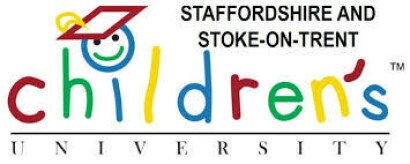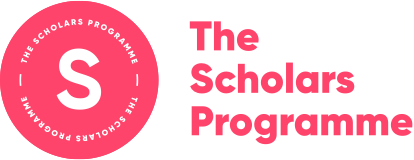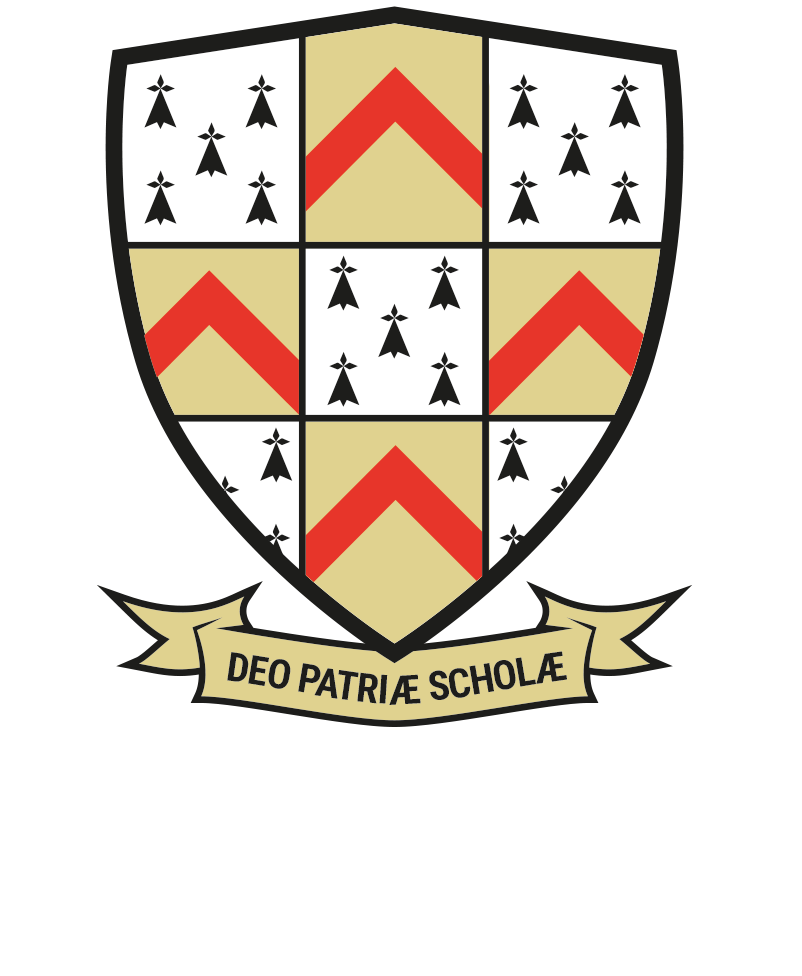Gifted and Talented
Our School Ethos
Gifted and Talented Parent Leaflet
NACE parent guide for more able learners
At King Edward VI School, Lichfield we believe it is really important that pupils of all abilities enjoy school, are encouraged to do their best and are supported so they can develop into the best person they can be. Those pupils that are identified as Gifted, Talented or more able at King Edward VI School, Lichfield are supported and challenged in their studies by all departments, to encourage them to flourish and pursue their interests whilst at school. We aim to provide a variety of extra-curricular activities and opportunities to promote growth for these pupils both academically and emotionally, in addition to combining this with high quality teaching and learning in lessons.
Who to contact
GMerry@keslichfield.org.uk (Miss G Merry – Lead Teacher for Gifted and Talented)
Identification
Initial identification for the whole school list is based on Key Stage 2 data and information sent from Primary schools. From then on, Gifted and Talented students can be identified at any time throughout the school year through teacher nominations. Our ‘Core’ group will be identified in 5 or more subjects (both through data and teacher nominations); other pupils who excel in specific areas will be recorded on our more able list.
Key Stage 3 activities and opportunities
In addition to planning and teaching creative and challenging lessons, departments across the school organise excellent extra-curricular trips and visits for the most able pupils in school. This ranges from the Maths Challenge to the History Quest (in which the school came first) at the University of Birmingham.
Pupils will have the chance to attend the Gifted and Talented club. We watch films from a range of different genres and then put some of the skills seen on screen into action! This year we have had talks about Astronomy after watching The Martian, in addition to a fantastic session on memory with our Head of Social Sciences following on from watching the film Inception.
 Year 7 also have the opportunity to get involved with the Children’s University scheme. This runs in conjunction with Staffordshire University, and encourages pupils to attend a broad range of extra-curricular clubs. Activities in school can go towards this, in addition to accredited locations around the UK including the National Memorial Arboretum and Shakespeare’s House in Stratford upon Avon.
Year 7 also have the opportunity to get involved with the Children’s University scheme. This runs in conjunction with Staffordshire University, and encourages pupils to attend a broad range of extra-curricular clubs. Activities in school can go towards this, in addition to accredited locations around the UK including the National Memorial Arboretum and Shakespeare’s House in Stratford upon Avon.
Key Stage 4 activities and opportunities
 Pupils in Key Stage 4 also benefit from a range of additional opportunities on offer by different departments in school. This year, girls in Years 9 and 10 took part in a STEM session, based on Chemical Engineering. They met a Chemical Engineer and found out more about pursuing a career in STEM based subjects. In addition to this, there are sessions based around the most successful ways to revise for Year 11 in amongst other supportive sessions offered by subjects. Key Stage 4 pupils are also very welcome to attend Gifted and Talented club, we have had some excellent reviews completed on the Into Film website and lots of pupils received prizes for their reviews.
Pupils in Key Stage 4 also benefit from a range of additional opportunities on offer by different departments in school. This year, girls in Years 9 and 10 took part in a STEM session, based on Chemical Engineering. They met a Chemical Engineer and found out more about pursuing a career in STEM based subjects. In addition to this, there are sessions based around the most successful ways to revise for Year 11 in amongst other supportive sessions offered by subjects. Key Stage 4 pupils are also very welcome to attend Gifted and Talented club, we have had some excellent reviews completed on the Into Film website and lots of pupils received prizes for their reviews.
The Scholars Program and the Brilliant Club
Run in Partnership with Oxbridge:
 Each year, a group of Year 10 G&T students have the opportunity to participate in a series of 7 tutorials with a world leading PhD tutor on a super-curricular topic taught at one level above their current Key Stage. Once the tutorials are complete, students are supported to write a 2000-word dissertation on the topic, critically analysing the academic information and arguments introduced in the tutorials. The programme aims to make students stand out on their UCAS applications for Russel Group Universities, as well as giving them an opportunity to experience university style learning and engage with a topic outside of their curriculum. New topics are assigned every year and designed by a PhD tutor and previous topics have included “Lighting Up Microbes: analysing microorganisms with light”, “Did modern music predict the first world war”, “Could we predict dementia?” and “The healthy heart’”.
Each year, a group of Year 10 G&T students have the opportunity to participate in a series of 7 tutorials with a world leading PhD tutor on a super-curricular topic taught at one level above their current Key Stage. Once the tutorials are complete, students are supported to write a 2000-word dissertation on the topic, critically analysing the academic information and arguments introduced in the tutorials. The programme aims to make students stand out on their UCAS applications for Russel Group Universities, as well as giving them an opportunity to experience university style learning and engage with a topic outside of their curriculum. New topics are assigned every year and designed by a PhD tutor and previous topics have included “Lighting Up Microbes: analysing microorganisms with light”, “Did modern music predict the first world war”, “Could we predict dementia?” and “The healthy heart’”.
Once their dissertation is complete and graded, students are then rewarded with a graduation ceremony at a top 5 University such as Warwick or Oxford to celebrate their achievements.
The Scholars Programme – The Brilliant Club
Useful Links
BBC Future – A series which explores interesting questions, from ‘What’s the best age to learn a language?’ to ‘Can AI help cure loneliness?’
Oxplore – As the ‘Home of Big Questions‘, Oxplore tackles complex ideas and offers a chance for you to debate and think widely across a range of subjects while drawing on the latest research undertaken at Oxford.
The Oxplore Book Club– Discover a new book every month until the summer break, and enjoy author profiles, quizzes, videos and more. You will be able to submit your own book reviews for the chance to win prizes and there will be a monthly book chat on Zoom with some very special guests.
Ted Talks – Short and fascinating talks discussing lots of bold ideas.
Zooniverse – A chance for you to contribute online to real-life research projects.
Staircase 12 – A hub of resources and information to help you explore your subjects outside the classroom, run by University College, Oxford.
For Parents/carers:
National Association for Gifted Children: The National Association for Gifted Children is one of the best places for parents of gifted children to find resources, reading, help, and advice on raising an exceptional child.
Mensa for Kids: Mensa embraces younger members through this website, offering up monthly themes and ideas to get students reading and learning at an advanced level.

